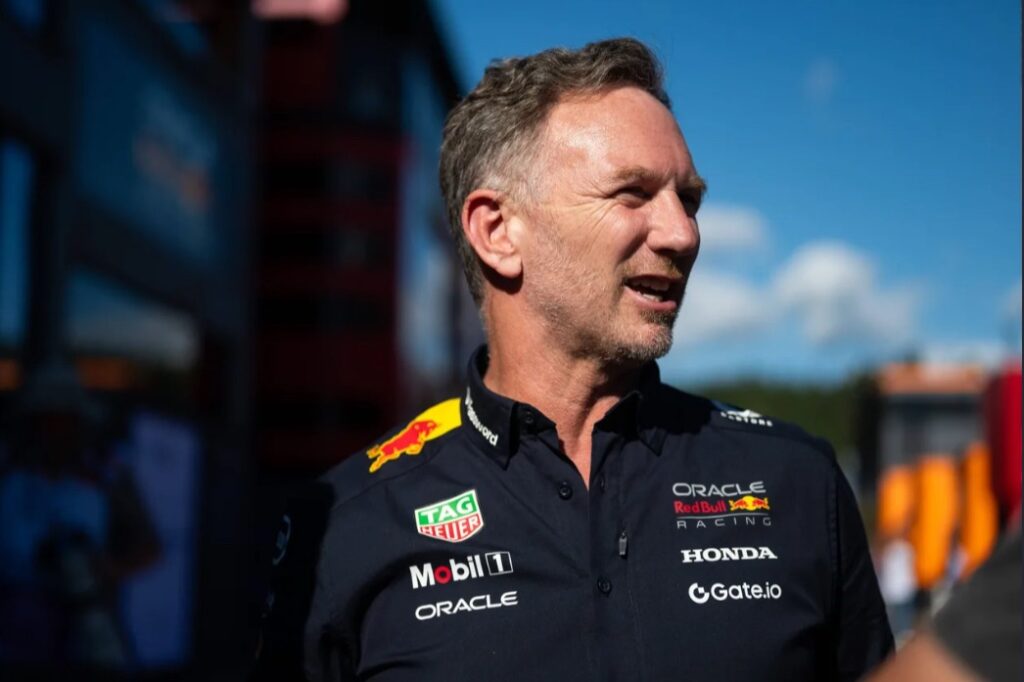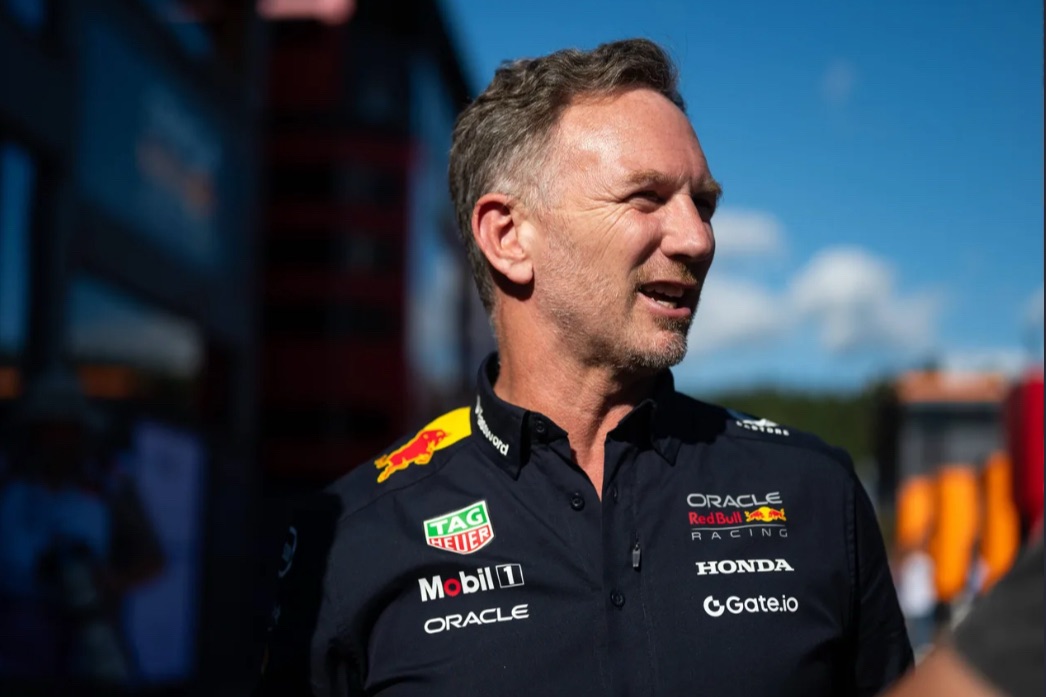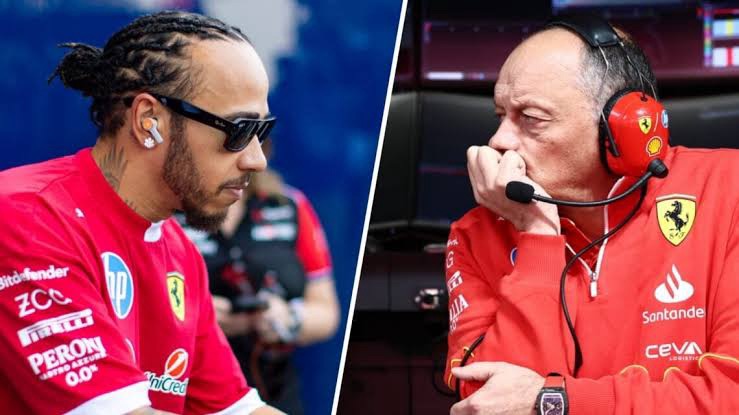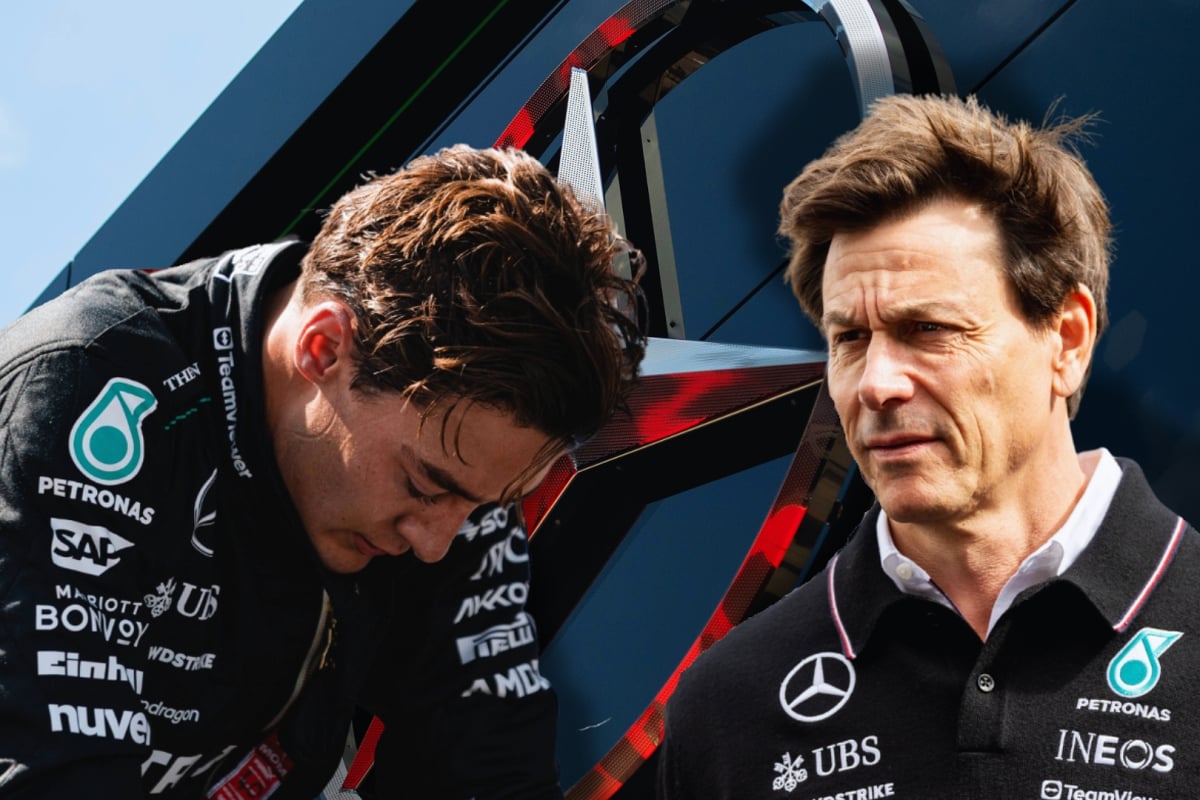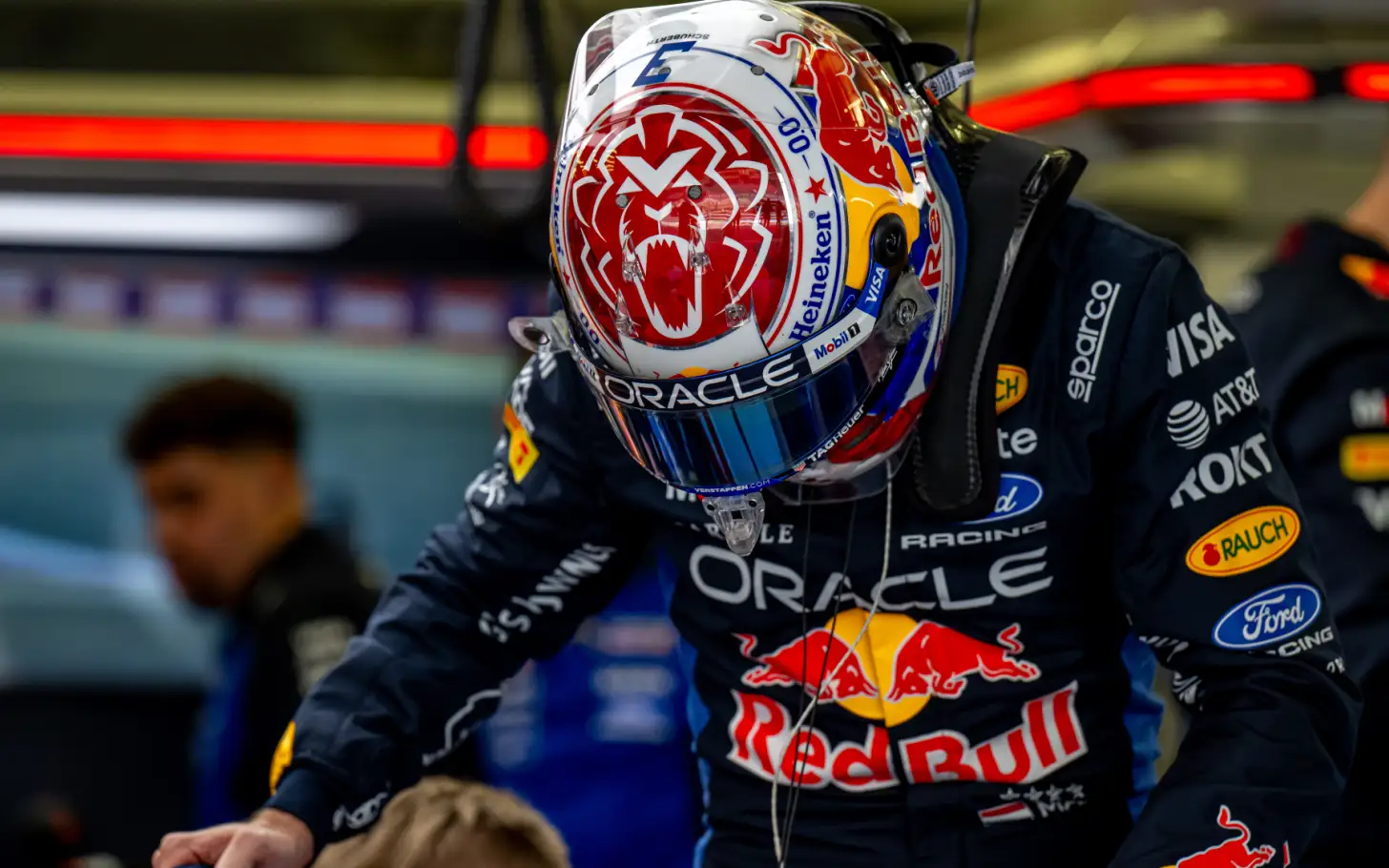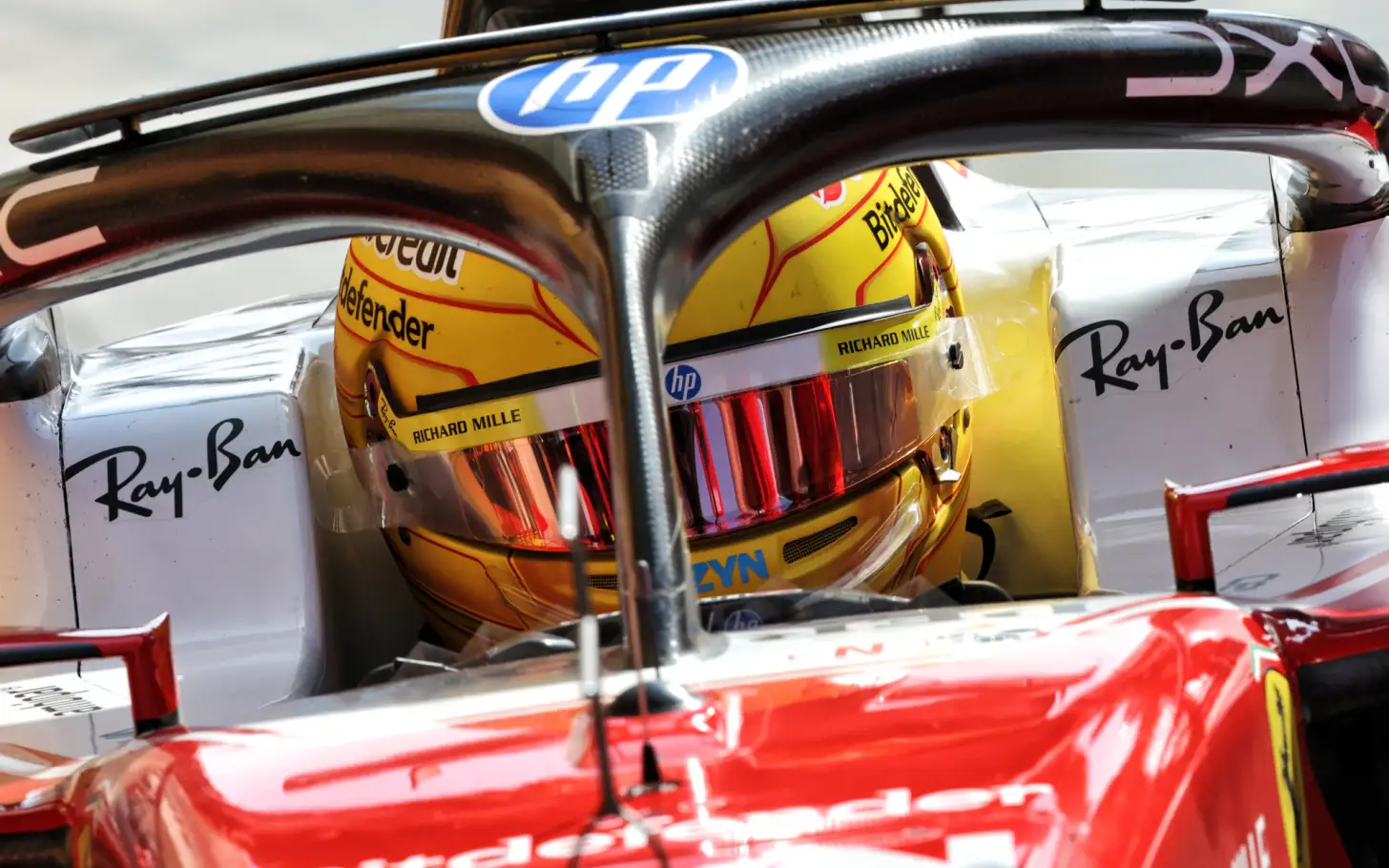Christian Horner’s Departure from Red Bull: A Costly Move with Significant Financial Implications
The recent dismissal of Christian Horner from his leadership role at Red Bull Racing has sent ripples through the Formula 1 world—not only because of its impact on the team, but also due to the massive financial consequences it entails. With over five years remaining on his contract, Horner is reportedly entitled to a substantial severance package that may exceed £50 million, possibly even reaching £60 million when all sources of income and contractual terms are accounted for.
The 51-year-old’s sudden departure was communicated internally on a Tuesday, with Red Bull Racing’s employees in Milton Keynes being formally notified the following morning. This marked the end of an era for Horner, who had helmed the team for two decades. During his tenure, Red Bull Racing flourished, securing an impressive collection of accolades: eight World Drivers’ Championships, six Constructors’ titles, and 124 Grand Prix victories.
In Horner’s place, former Racing Bulls team principal Laurent Mekies has stepped in as the new CEO of Red Bull Racing. While this leadership reshuffle might offer a fresh strategic direction for the team, it comes at a significant price. With Horner having signed a long-term contract extension, his premature exit means the organization is now facing a multi-million-pound payout.
Financial filings suggest that Horner was the highest-earning director at Red Bull Technology, the company responsible for overseeing Red Bull Racing operations. In 2023, this role attracted a salary of approximately £8.9 million—up from £8 million the previous year—figures believed to belong to Horner. The sizable annual compensation, bolstered by performance bonuses (particularly following Max Verstappen’s 2023 title win), provides a basis for estimating the expected payout upon termination, placing it upwards of £50 million.
Beyond managing the team’s daily racing operations, Horner played a pivotal role in Red Bull’s commercial success. His efforts were instrumental in attracting high-profile sponsors like Visa and Cash App, particularly to Red Bull’s second Formula 1 outfit, Racing Bulls. These contributions have been viewed as key revenue-generating achievements that extended well beyond the paddock.
It’s worth noting that Horner’s salary, as one of the top three earners in the organization, was exempt from Formula 1’s stringent cost cap regulations. However, ambiguity remains around how his termination settlement will be treated under those rules. While there were provisions for termination benefits in the 2021 and 2022 seasons, current regulations don’t clearly define how such severance payments are handled, raising questions about compliance.
Looking ahead, Horner’s name is already being linked to potential new roles within Formula 1. Ferrari is reportedly interested, having approached him in late 2022 after Mattia Binotto’s departure. Though Horner declined the offer then—emphasizing his deep commitment to Red Bull—recent reports suggest renewed interest, especially with Fred Vasseur’s contract expiring at the end of the current season.
Another possible destination is Alpine, which has experienced a period of leadership instability. The team recently appointed Steve Nielsen as its new managing director, aiming to bring stability to its operations. Horner’s existing rapport with Flavio Briatore, who advises Alpine on behalf of Renault’s CEO Luca de Meo, might make a move there more feasible. Briatore, despite past controversies, is expected to maintain influence at Alpine.
Aston Martin is also being floated as a viable option, though the team recently named Andy Cowell, a former Mercedes engine executive, as their team principal. Aston Martin has been investing aggressively in personnel and infrastructure in an effort to position itself as a future championship contender. Their recruitment of design legend Adrian Newey last year—who was lured from Red Bull partly with equity in the team—demonstrates their ambition.
While Horner’s exit has sparked discussions about where he might land next, the specific reasons for his removal remain unclear. The team has experienced a decline in competitiveness since its historic 2023 season, where it won 21 out of 22 races. This drop in performance may have contributed to internal tensions and strategic reconsiderations.
Moreover, Horner faced a damaging episode earlier in 2024, when a staff member accused him of misconduct. Although he was eventually cleared of any wrongdoing by two separate investigations, the episode reportedly weakened his standing within Red Bull’s broader corporate structure.
Another complicating factor could be Max Verstappen’s contractual situation. Performance-related exit clauses in his contract allow the Dutch driver to leave the team if he is ranked below fourth in the Drivers’ Championship standings after the Hungarian Grand Prix. It has long been rumored that the relationship between the Verstappen camp and Horner was strained. A change in leadership could therefore help retain the reigning champion, making the move to part ways with Horner strategically advantageous.
Changes in Red Bull’s ownership dynamics may also have played a part in this shakeup. The Thai businessman Chalerm Yoovidhya previously held a controlling 51% stake in the Red Bull enterprise, largely through TC Agro Trading Company and a small personal share. The remaining 49% was owned by Mark Mateschitz, the son of Red Bull co-founder Dietrich Mateschitz.
However, recent filings in Austria indicate a shift: two percent of Yoovidhya’s holdings have been transferred to a Swiss-based trustee company, Fides Trustees SA. While the exact rationale remains undisclosed, this transfer is significant as it represents the first notable ownership change in Red Bull’s history. It may have altered internal power dynamics, possibly leading to reduced support for Horner from the Thai side of the organization.
Throughout 2024, Yoovidhya was believed to be a key backer of Horner, reportedly playing a major role in shielding him from internal upheaval during the early part of the season. Yet, his support appears to have diminished recently, leaving Horner exposed to board-level decisions without his previous protection.
Regardless of the underlying motives, Red Bull Racing’s decision to part ways with its long-standing figurehead is poised to have both financial and strategic repercussions. With a compensation package potentially exceeding £50 million and uncertainty over its regulatory classification, Horner’s exit could be one of the most expensive and impactful leadership changes in recent Formula 1 history.
